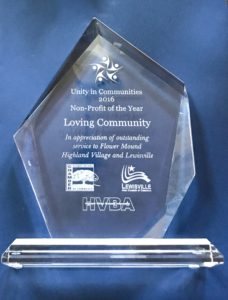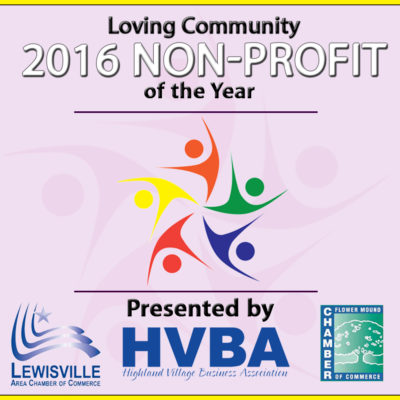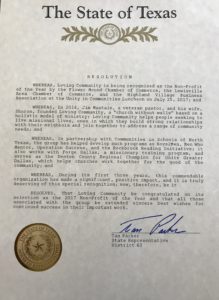The Jesus Model of Neighborhood Ministry
“The Word (Jesus) became flesh and blood and moved into the neighborhood. We saw the glory with our own eyes, the one-of-a-kind glory, like Father, like Son. Generous inside and out…” ~ John 1:14 The Message



“The Word (Jesus) became flesh and blood and moved into the neighborhood. We saw the glory with our own eyes, the one-of-a-kind glory, like Father, like Son. Generous inside and out…” ~ John 1:14 The Message
To be good neighbors by connecting people into relationships and serving the needs of our community.
John’s Gospel tells us, “The Word became flesh and blood, and moved into the neighborhood…” And it this neighborhood model, originating with Jesus, which we believe God is calling us.
“Teacher, which is the most important commandment in the law of Moses?” Jesus replied, “‘You must love the Lord your God with all your heart, all your soul, and all your mind.’ This is the first and greatest commandment. A second is equally important: ‘Love your neighbor as yourself.’ The entire law and all the demands of the prophets are based on these two commandments.”



Employee volunteerism can also help your organization to:
• Create opportunities for team-building
• Strengthen loyalty to the organization
• Advertise and strengthen relationship within the community
• Become more involved in overcoming social problems
“So many areas of our school could not run as efficiently and effectively without our volunteers. They are supportive of our school, its faculty, and administrators. They see volunteering for what it truly is: a way to enrich the education of children.” ~ Elementary Teacher
Cost savings to society: Cost savings may be immediate, such as when residents use community-based health care, or gradual such as job training programs. Multiplying impact: Nonprofits leverage public, corporate, and philanthropic assets to fulfill their missions. They supplement these funding sources with donated goods and services and by harnessing the power of volunteers. Strengthening community: Nonprofits connect people to each other and to resources, improve the quality of life, engage people on civic issues, and stimulate reform.